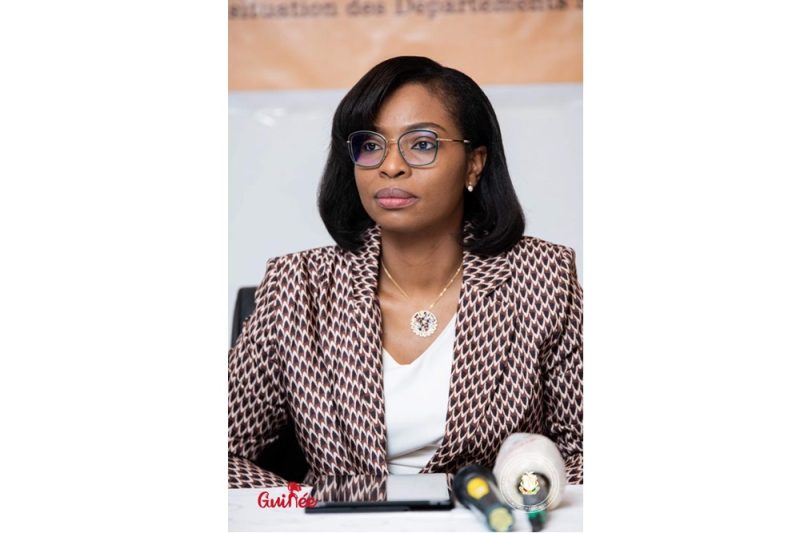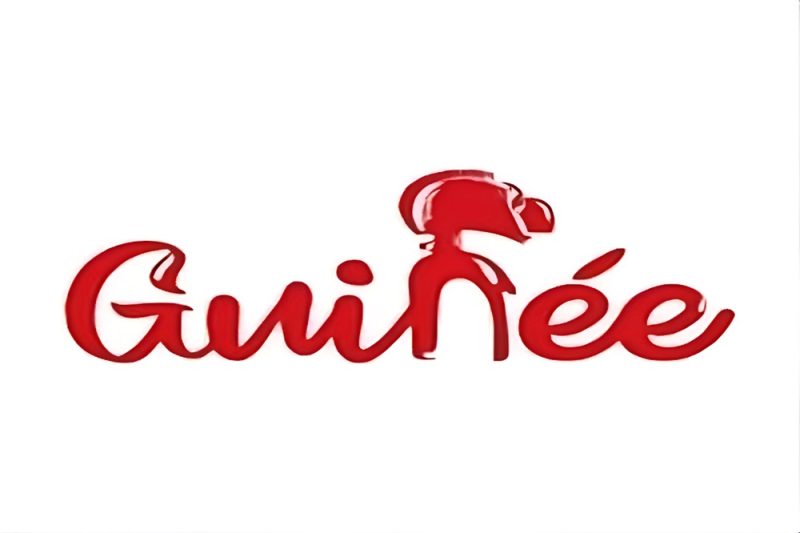Conakry, Republic of Guinea, Dubai, United Arab Emirates
The Government of the Republic of Guinea, through the Ministry of Planning and International Cooperation, has announced a Round Table of Donors (RTD) event.
Scheduled for February 15 and 16, 2024, in Dubai, United Arab Emirates, this event is a pivotal part of the Interim Reference Program (IRP) 2022-2025. The IRP aligns Guinea’s development with the Guinea 2040 Vision, the Sustainable Development Goals (SDGs) for 2030, the ECOWAS 2050 Vision, the African Union (AU) Agenda 2063, and other significant international development frameworks.

Her Excellency Ms. Rose Pola Pricemou, Minister of Planning and International Cooperation, highlights the significance of the RTD – “This event is a cornerstone in our journey towards sustainable development. It embodies our commitment to a resilient Guinea, equipped with robust institutions, infrastructure, and a dynamic economy. The RTD is about securing essential funding and establishing long-term strategic partnerships that are essential for our nation’s growth.”
The RTD event in Dubai is expected to be a landmark gathering of international donors and development partners. It offers a strategic platform for the Government of Guinea to showcase its developmental priorities and strategic choices. Key projects to be discussed at the event symbolise the Government’s commitment to enhancing urban infrastructure, improving access to clean water, and fostering economic diplomacy.

The IRP aims to translate the Government’s Roadmap into actionable strategies across various sectors, providing a reference for allocating budgetary resources, facilitating dialogue with development partners, and establishing a framework for monitoring and evaluating public actions. It addresses institutional, infrastructural, and transformational challenges, focusing on establishing strong political, judicial, security, and economic institutions, maintaining infrastructure, and tackling challenges from demographic dynamics, digitalisation, economic diversification, and climate change.
The IRP reflects the Government’s dedication to holistic and inclusive national development, structured around five pillars – institutional rectification, macroeconomic and financial framework, legal framework and governance, social action, employment and employability, infrastructure, connectivity, and sanitation.
With the total cost of the IRP amounting to 108 trillion Guinean Franc, approximately US$12.273 billion, the national capacity for mobilising public resources is expected to cover 72% of this amount. The RTD is envisioned to address the remaining funding needs through increased domestic savings, borrowing,































